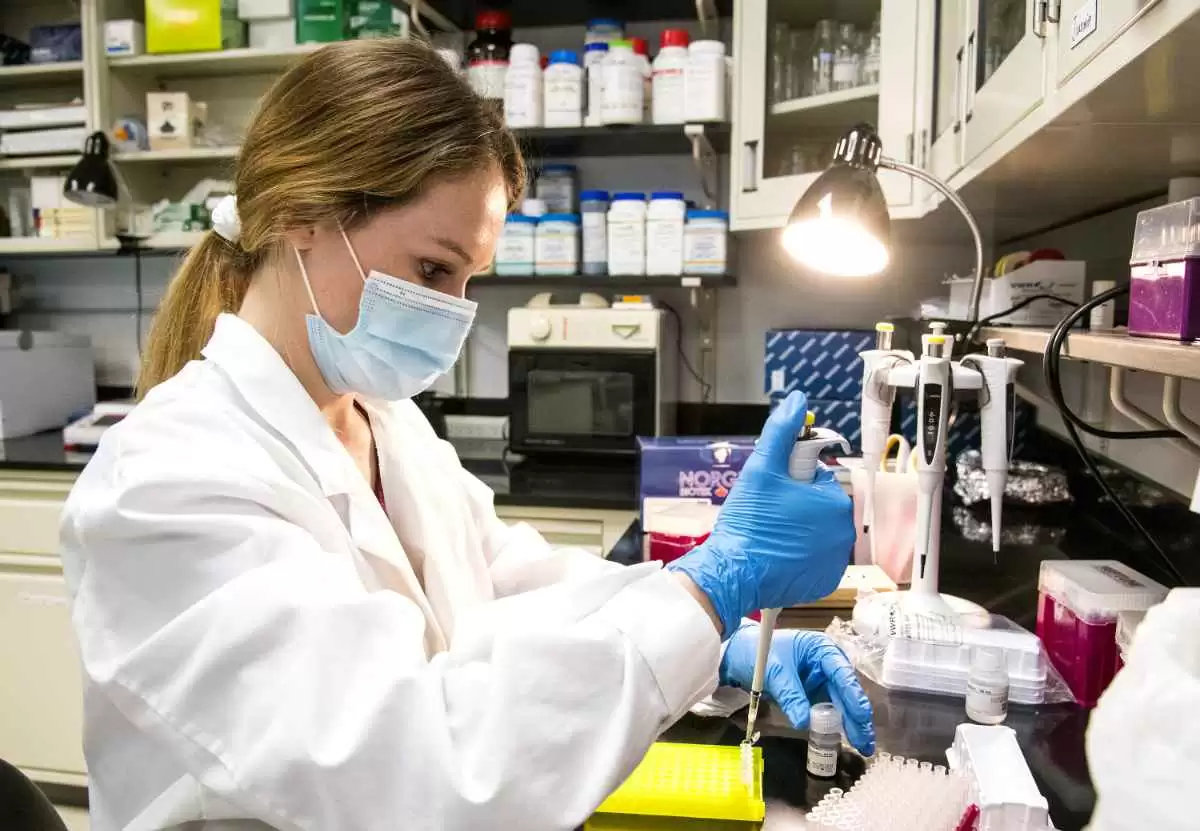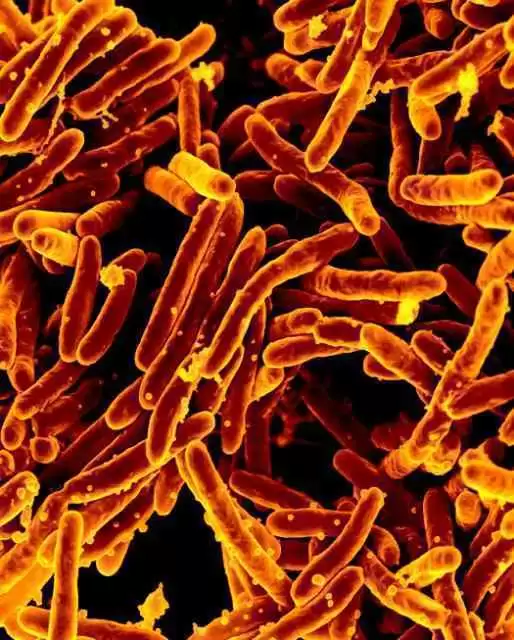
Celiac.com 03/06/2023 - We get a lot of questions about celiac disease and gluten-free-related issues. One question we've seen lately is: Is there a connection between the human gut microbiome and celiac disease? The short answer is yes. The longer answer is that research has show a number of connections between the two conditions, but we still have far more questions than answers. Here's a rundown of what we do know.
Celiac disease is an autoimmune disorder that affects the small intestine. When individuals with celiac disease consume gluten, a protein found in wheat, barley, and rye, it triggers an immune response that damages the lining of the small intestine and interferes with the absorption of nutrients.
Celiac.com Sponsor (A12):
One of the key components of the gut environment is the microbiome, a complex community of microorganisms that live in the gut. Recent research has shown that the gut microbiome plays a crucial role in the development and progression of celiac disease.
Studies have shown that celiac disease is associated with changes in the composition and diversity of the gut microbiome. In individuals with celiac disease, there is a decrease in beneficial bacteria, such as Lactobacillus and Bifidobacterium, and an increase in pathogenic bacteria, such as Clostridium. This disruption of the gut microbiome, also known as dysbiosis, can lead to an imbalance in the gut environment, which can trigger an immune response and further damage to the small intestine.
Celiac Disease Disrupts the Gut Microbiome
Recent studies have shown that celiac disease not only affects the gut lining but also disrupts the balance of the gut microbiome. The gut microbiome is made up of trillions of microorganisms that reside in the gut and play a crucial role in maintaining overall health. In healthy individuals, the gut microbiome is diverse and balanced, but in celiac patients, the gut microbiome is often imbalanced, known as dysbiosis.
Gluten-Free Diet Affects Gut Microbiome
Dysbiosis in celiac patients can lead to a reduction in beneficial bacteria and an increase in harmful bacteria. This can cause a number of issues such as inflammation, changes in gut motility and nutrient malabsorption. Additionally, research has shown that the gut microbiome in celiac patients also changes after starting a gluten-free diet. For instance, the levels of certain beneficial bacteria such as Lactobacillus and Bifidobacterium increase, which can help to restore balance in the gut microbiome.
Gut-Brain Axis
It is not entirely clear yet how the gut microbiome is affected in celiac disease, but researchers believe that the gut-brain axis, which connects the gut and the brain, plays a key role. Studies have shown that the gut microbiome can influence the brain-gut axis and may impact nociceptive behavior and brain function.
There's also a connection between gut-brain axis and migraines in people with celiac disease.
Connections Between Microbiome and Celiac Research
We also know that Genetic Risk for Autoimmune Disease Tied to Gut Microbiome
We know that Celiac Disease Onset Changes Gut Microbiota in Children
Recent research shows that Gluten Does Not Change Gut Microbiome in Patients with Celiac Disease and Non-Celiac Gluten Sensitivity
We just recently learned that Altered Gut Bacteria Linked With Long COVID-19 Symptoms
We also know that, in some cases, Fecal Microbiota Transplant Restores Gut Microbiome
New research tells us that interaction between the gut microbiome and micronutrients are a key to the availability of minerals and vitamins.
Gut Microbiome Affects Bioavailability of Micronutrients
The gut microbiome can variously influence the bioavailability of micronutrients, as well as be influenced by micronutrient supplementation, with potential implications for health, even in the long term.
Although several mechanisms have been advanced, a thorough characterization of the microbiome–micronutrient bidirectional axis is of utmost importance, as it can guide the design of microbiome‐based precision intervention strategies, aimed at improving micronutrient status and overall health.
Studies have shown that celiac disease is associated with changes in the composition and diversity of the gut microbiome, which can lead to an imbalance in the gut environment, known as dysbiosis. Gut microbiome imbalance can lead to a number of issues such as inflammation, changes in gut motility and nutrient malabsorption.
Research has shown that the gut microbiome in celiac patients also changes in some worrisome ways after starting a gluten-free diet.
Much Unknown About "Healthy" Gut Microbiome
Additionally, we need a clear understanding of what constitutes a "healthy" gut microbiome in people with or without celiac disease to fully understand the implications of gut health on celiac disease.
When it comes to the connection between the human gut microbiome and celiac disease, we're learning that the two conditions are connected. Some evidence suggests that the health of the gut microbiome can influence certain symptoms of celiac disease, especially headaches.
However, much more research is needed before we can make any hard conclusions about the exact nature of the connections, and the implications for people with celiac disease and other auto-immune conditions.












Recommended Comments
Create an account or sign in to comment
You need to be a member in order to leave a comment
Create an account
Sign up for a new account in our community. It's easy!
Register a new accountSign in
Already have an account? Sign in here.
Sign In Now